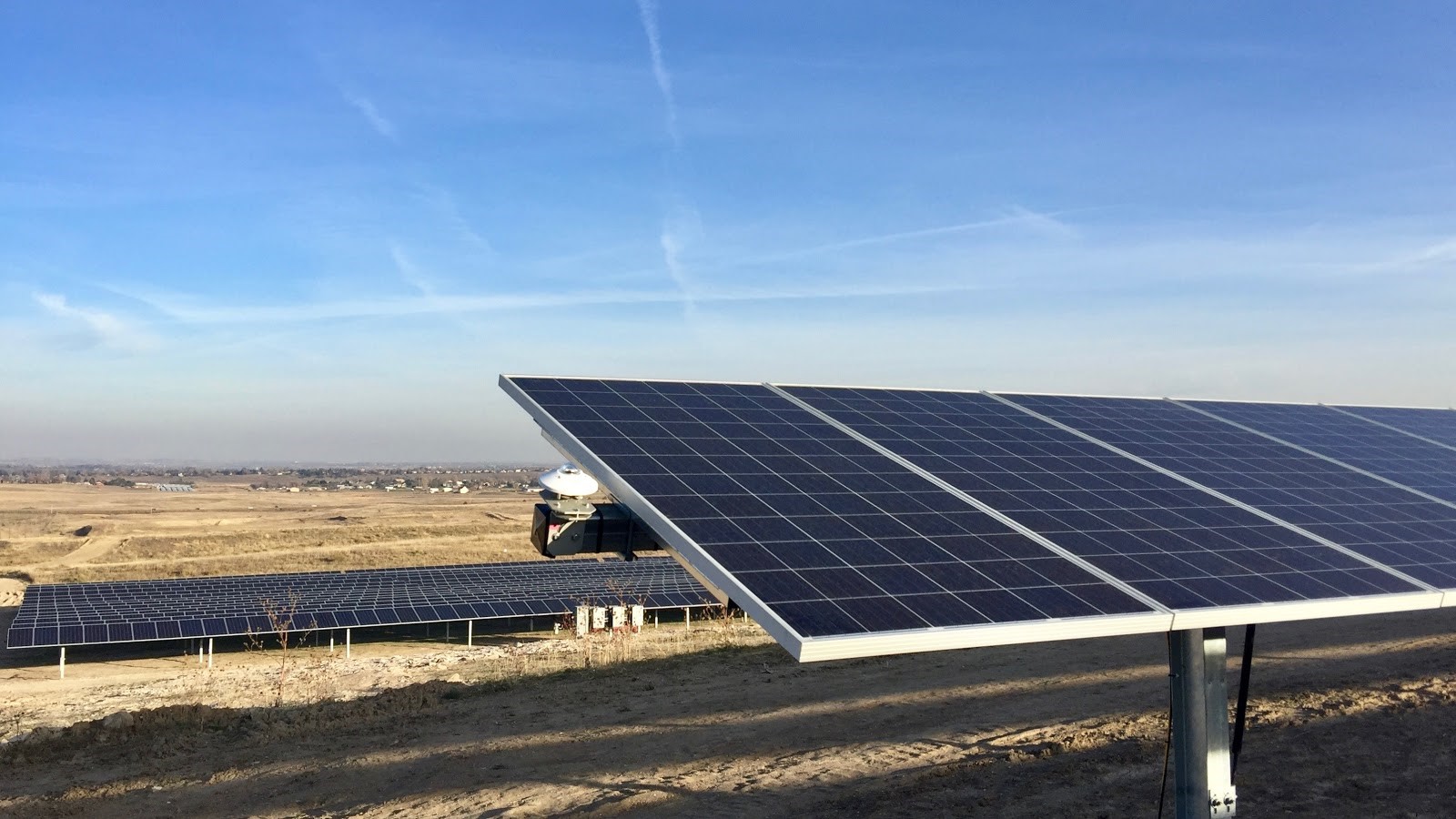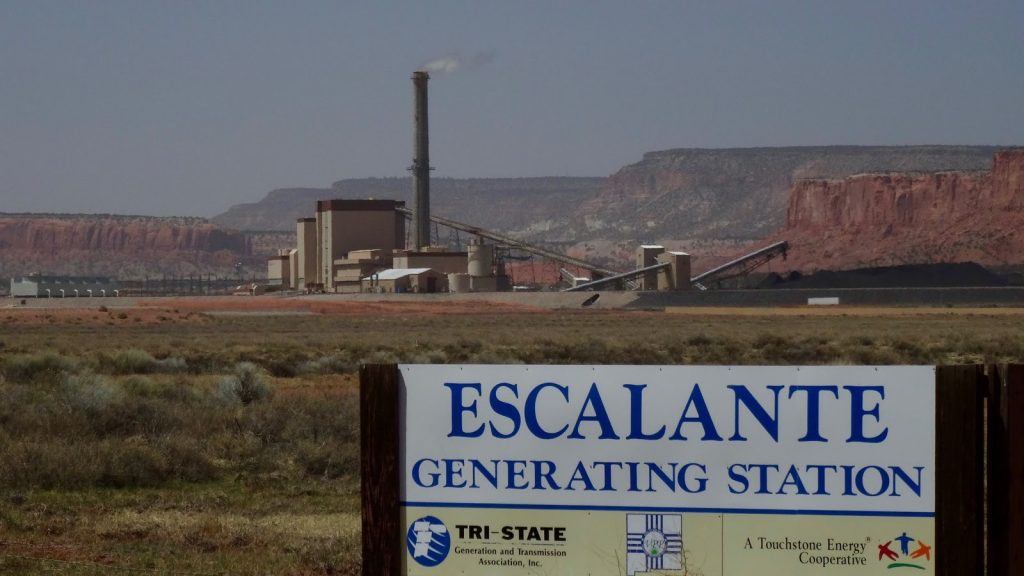In early 2020, Tri-State announced that it would close its coal plants in Colorado and New Mexico, and add hundreds of megawatts of new wind and solar power projects. Co-ops continue to pursue opportunities for more local renewable energy projects and lower rates, by pressing for oversight by state regulators and exploring new partnerships. The controversies have raised challenging questions about the way generation and transmission associations are governed, the responsibilities that cooperatives have to their members, and how co-ops will navigate the transition underway in the power sector, from large centralized coal plants to distributed renewable energy.
Background
Electric cooperatives are non-profit utilities that sell electricity to 42 million Americans, largely in rural areas of the country. Most electric cooperatives purchase power from larger cooperatives, known as ‘generation and transmission associations’, that own and operate power plants, which are mostly fueled by coal.
One of the largest of these wholesale power providers is Tri-State Generation and Transmission Association, which sells power to 43 electric cooperatives in Colorado, New Mexico, Wyoming, and Nebraska. Like most generation and transmission associations, Tri-State relies mostly on coal.
In recent years, tensions have grown between Tri-State and some of those electric cooperatives and their members, driven by Tri-State’s heavy reliance on coal and restrictive contracts that require co-ops to purchase nearly all of their power from Tri-State.
In 2016, one electric cooperative in New Mexico, Kit Carson Electric, ended its contract with Tri-State in order to build more local solar projects and seek lower wholesale power costs. The co-op’s departure from Tri-State followed a vote by its members in 2010 to pursue a 100% renewable energy goal. Kit Carson Electric has since built several solar projects, and aims to reach “100 percent solar energy during the day by 2022”.
Since then, renewable energy has become even more attractive for co-ops and their members, as prices have declined to the point that building new wind and solar projects can now often deliver power at a lower price than running existing coal plants. Many electric cooperatives’ vast, mostly rural service territories also offer abundant opportunities to capture those local renewable energy resources. Along with attractive prices, some co-ops have pursued local renewable energy projects as an economic development strategy for their communities, creating local jobs and tax revenue.
But the contracts that local electric cooperatives signed with Tri-State limit co-ops from developing local renewable energy projects, even when those projects would lower costs for co-ops and their members. Tri-State has also changed its policies in ways that stalled the growth of co-ops’ renewable energy projects, and derailed efforts by co-ops to reduce costs with new energy storage projects.
Tri-State’s largest member co-op, United Power, warned other co-ops that Tri-State’s restrictions were turning away major customers, who wanted lower rates and a more renewable energy supply.
Co-op directors and staff press Tri-State for cleaner power and more flexibility
Since Kit Carson Electric’s departure, several other co-ops have urged Tri-State to clean up its power supply and let co-ops build more local renewable energy projects.
– In September 2018, the Poudre Valley Electric Board of Directors passed a resolution urging Tri-State to review alternative contract arrangements, and to consider if it could reduce costs by adjusting its fuel mix. Later, the co-op established a goal to provide 80% carbon-free energy to its members by 2030 – which will only be possible if Tri-State reduces its carbon pollution.
– In November 2018, United Power’s Board President wrote to other co-ops to explain that “the Board members and management of United Power have grave concerns about key elements of Tri-State’s key generation products and services,” including Tri-State’s reluctance to embrace renewable energy and the high cost of power it sells to member co-ops.
– In December 2018, in a letter to Tri-State’s CEO, La Plata Electric raised concerns that Tri-State’s debt for its fleet of coal plants would lead to higher rates and noted that “we’re disappointed with the inflexibility we experience with Tri-State”. The next month, the co-op’s board of directors also established a goal to reduce its carbon pollution.

Co-op members call for more oversight of Tri-State
In addition to pressure from co-op directors and staff, co-op members and advocates have called on Tri-State to shift from coal to clean energy, and urged state regulators and policymakers to step up their oversight of Tri-State.
- In March 2019, the Rocky Mountain Farmers Union, a group of more than 20,000 family farmers in Colorado, New Mexico, and Wyoming, called on Tri-State to provide more flexibility for its member co-ops and to “re-tool its existing resource plan so it calls for investment in clean, affordable, reliable alternatives”.
- In May 2019, co-op members, towns, and counties submitted comments to the Colorado Public Utilities Commission, urging it to begin overseeing Tri-State’s resource planning like it does with other major utilities. Representatives from environmental advocacy organizations also argued for increased oversight. The Commission agreed, state lawmakers passed legislation that clarified the Commission’s oversight, and Tri-State will now submit its plan for consideration by the Commission in 2020.
- In January 2020, a group of business owners from ten co-ops delivered a letter to the Tri-State Board of Directors, urging a commitment to 80% carbon-free electricity by 2030.
Co-op members have also pursued a variety of other tactics to urge their co-ops to pursue more clean energy and encourage Tri-State to do the same, including speaking out at co-op board meetings, writing letters to local newspapers, running for a seat on their co-op’s board of directors, raising these issues with their elected officials, and more. One writer decried Tri-State’s reliance on coal, explaining:
Coal-fired energy is also the dirtiest form of energy generation, contributing heavily to our growing layer of greenhouse gasses. Our local energy rates affect our families, our community and our economic sustainability. Let’s look to a new horizon of cost-saving cleaner renewable power.
Tri-State commits to close coal plants and build wind and solar plants
In January 2020, Tri-State announced that it would close its coal plants in Colorado and New Mexico, and build a gigawatt of new wind and solar projects, in a move that its CEO said will “transform Tri-State as a power supplier”. Tri-State said that its new plan will achieve a “70% reduction in CO2 emissions associated with Colorado wholesale electric sales” by 2030, from 2005 levels, and that “by 2024, 50% of the energy our cooperative consumes will come from renewable resources”.
Tri-State’s Board President highlighted the role of co-op members’ demands for clean energy in an op-ed:
It’s no secret that over the past decade, costs, technologies, regulations and viewpoints have been shifting rapidly in the energy industry. Consumers and communities alike are demanding cleaner, cheaper energy sources. As a not-for-profit, four-state cooperative, Tri-State Generation and Transmission Association has an obligation to the members we serve to forge an innovative and sustainable path forward to meet these changes head on.
Will Tri-State allow co-ops enough flexibility?
While Tri-State’s clean energy announcements reflect a major shift in its power supply, it remains less clear whether it will provide sufficient flexibility to its member co-ops.
This year, Delta-Montrose Electric Association will end its contract with Tri-State in order to build more local energy projects and seek lower wholesale power rates, after years of negotiations, legal challenges, and a move toward increased oversight of the dispute by state regulators in Colorado. In 2018, the co-op asked its members to vote on changes to its articles of incorporation that would facilitate an exit from Tri-State, which were approved by more than two-thirds of voters. Delta-Montrose has focused its local renewable energy development efforts on small hydroelectric projects installed on irrigation canals, and announced in April 2020 that it also plans to build more solar projects.
Two other co-ops, United Power and La Plata Electric, have requested that the Colorado Public Utilities Commission determine the price for the co-ops to buy out of their contracts with Tri-State. Those disputes have raised important questions for electric cooperatives and their members, such as whether generation and transmission associations are actually governed by their member co-ops. That is critical, because the associations’ claims of governance by their members have allowed them to mostly avoid oversight by state regulators for decades. But in filings to the Colorado PUC, the two co-ops argue that Tri-State’s claims of ‘democratic member control’ are a myth.
Tri-State’s CEO hopes to keep more co-ops from leaving, in part by pointing to its new clean energy plans, but also by trying to avoid a decision by state regulators by appealing to federal regulators. But some co-op directors, staff, and members remain wary of Tri-State’s claims, and could still try to leave the power provider and pursue their own path.
